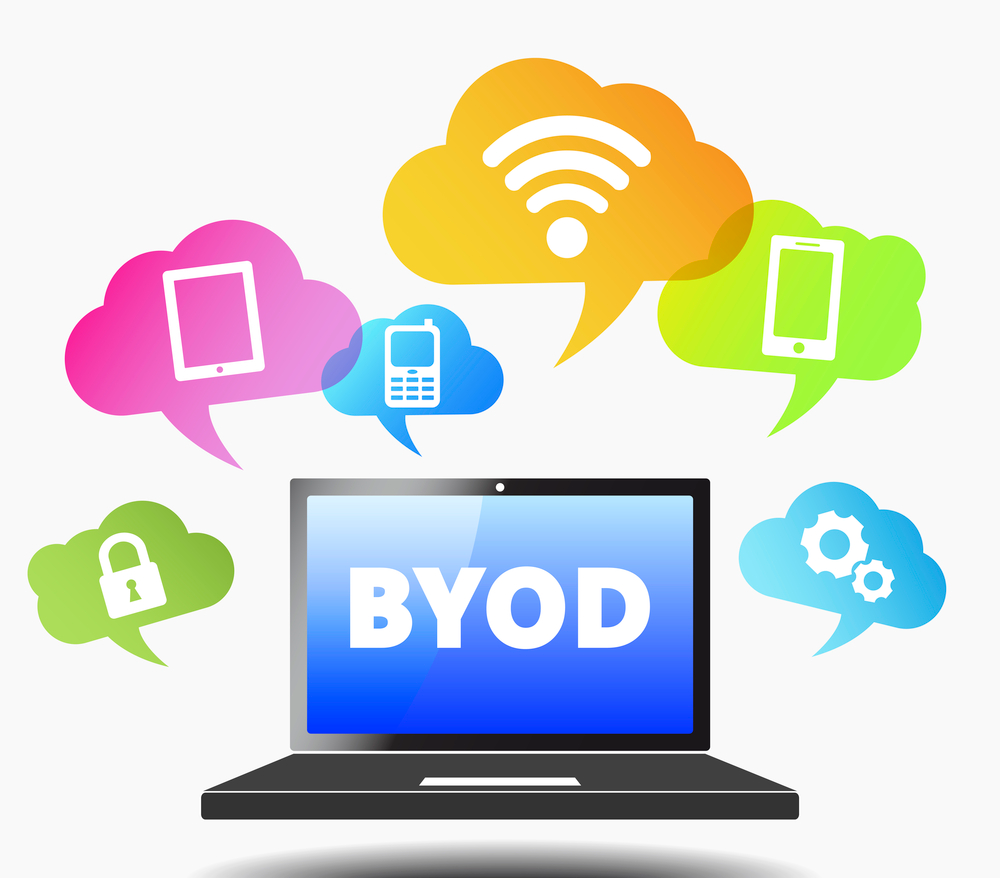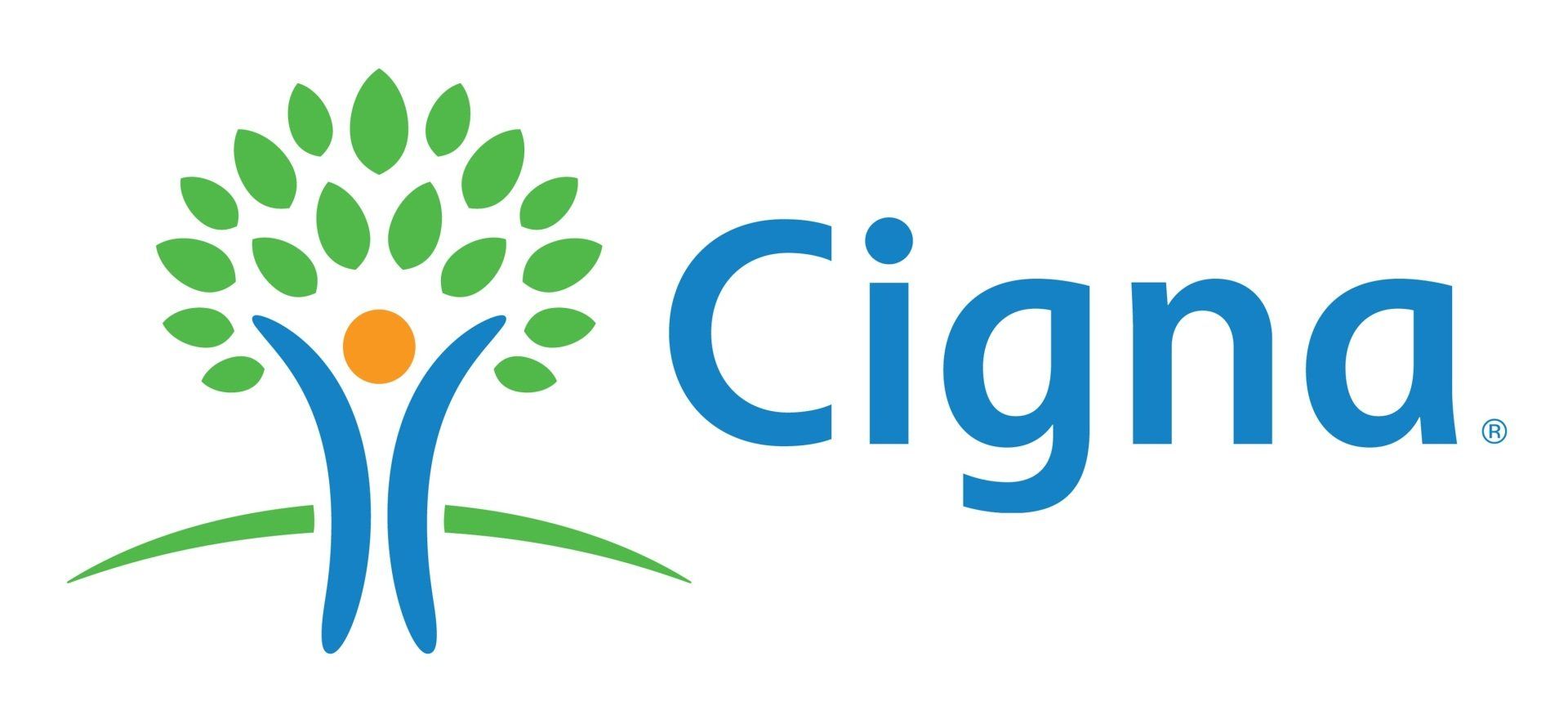Mobile Device Management: Is a Bring-Your-Own-Device Policy Right for You?

Is implementing a bring-your-own-device (BYOD) policy the most effective mobile device management strategy for your business?
Adopting a BYOD policy offers both convenience and flexibility, particularly for remote teams who prefer the familiarity of their own devices. While BYOD may seem promising, its practical implications involve substantial risks. The challenge for IT departments is immense, stemming from security demands, application control, and the diversity of devices, leading businesses to reconsider their strategies. Increasingly, companies are pivoting towards a corporate-owned model, which enhances control and simplifies management. Corporate-owned, or corporate-liable, policies mandate the use of company-provided devices.
A study by Vanson Bourne, commissioned by Tangoe, reveals that over 80% of IT leaders are planning to revise their ownership frameworks, signaling a significant shift in mobile device strategy preferences. Whether considering corporate-liable or BYOD options, organizations must evaluate which method best secures data.
BYOD models, where two-thirds of devices are personally owned, complicate security. Notably, 75% of firms encountered significant mobile security incidents in 2022, as per Verizon’s Mobile Security Index.
Discover how enterprises are managing BYOD and exploring alternatives for comprehensive mobile device management.
What Complications Arise with BYOD Policies?
BYOD often extends to smartphones, PCs, laptops, and other tech, simplifying remote work but introducing risks. Businesses may save upfront on device costs, yet the hidden expenses of data security and operational inefficiencies can accumulate.
Limited Visibility and Control for Data Security
Visibility and control issues are important, as tracking devices and data flow becomes more challenging. Enforcing uniform security measures is fraught with difficulties due to diverse device settings and user compliance.
Compliance Issues and Enforcement of Policy
Compliance and policy adherence are tougher under BYOD, with resistance to security tools and potential training gaps posing significant hurdles. BYOD also burdens IT help desks with varied device types and systems, diverting focus from other critical IT tasks.
Why Shift to Corporate-Owned Mobile Device Models?
Organizations are transitioning to corporate-owned devices to mitigate security risks, enhance IT efficiency, and improve return on investment. This model affords more control, and uniform security practices, and eases the management of device updates, simplifying operations for IT teams.
Advantages of Corporate Device Management through Managed Mobility Services (MMS)
Managed Mobility Services (MMS) aid in transitioning to corporate ownership, and handling complex device management tasks, thus liberating internal IT resources.
Corporate ownership provides better control over data and security, yet managing these devices can still be complex. Managed mobility services help navigate these challenges, optimizing management and boosting productivity.
Enhanced Productivity and Efficiency with MMS
Switching to a corporate model with an MMS provider like Vatic Outsourcing enhances IT productivity and operational efficiencies. MMS experts efficiently handle device procurement, configuration, updates, and troubleshooting.
The comprehensive MMS approach spans device lifecycle management, including procurement, security, and end-of-life processes, integrating all management aspects for increased productivity, reduced costs, and higher user and IT satisfaction.
IT Help Desk Support and Scalability with MMS
MMS offers robust IT support, reducing internal IT burdens and providing assistance in multiple languages, beneficial for global firms. As organizations expand, managing a growing fleet of devices becomes feasible with MMS, avoiding the need to increase IT staff, thus maintaining scalability and administrative ease.
Improved Security, Compliance, and ROI with MMS
MMS minimizes security risks and enhances policy compliance across devices, which is crucial for industries with stringent data protection regulations. Incorporating unified endpoint management standardizes security, ensuring comprehensive policy application. Most organizations report a positive ROI with MMS, citing improvements in uptime, productivity, and reduced costs.
Which Mobile Device Management Strategy Fits Your Business?
Companies must weigh the pros and cons of BYOD against corporate-owned models, considering long-term security, compliance risks, and IT support costs. Corporate models offer more control and standardization, simplifying management and enhancing security. No matter the chosen model, an effective MMS solution like Vatic Outsourcing can maximize ROI and streamline device management.
The Vatic Edge in MMS
Choosing between BYOD and corporate ownership, opt for a proven provider like Vatic Outsourcing, an industry leader managing over 14 million devices. Vatic Outsourcing excels in optimizing device strategies, delivering unmatched expertise and support. Reach out to Vatic Outsourcing today to learn more!

About the Author: Shawn Purcell
CIO/CMO/CPO
As a founding partner, and member of the executive team at Vatic Outsourcing, Shawn Purcell initiated and continues to manage strategic relationships in telecom expense management (TEM) and mobile device management (MDM). He heads up the day-to-day management of Vatic Outsourcing’s business objectives, including technical infrastructure and strategic training of sales and support staff. Shawn also oversees Vatic’s enhanced services group, which delivers TEM and MDM services to clients and the Help Desk team. In addition to his executive-oversight responsibilities, Shawn continues to spend half of his time in a customer-facing role.








